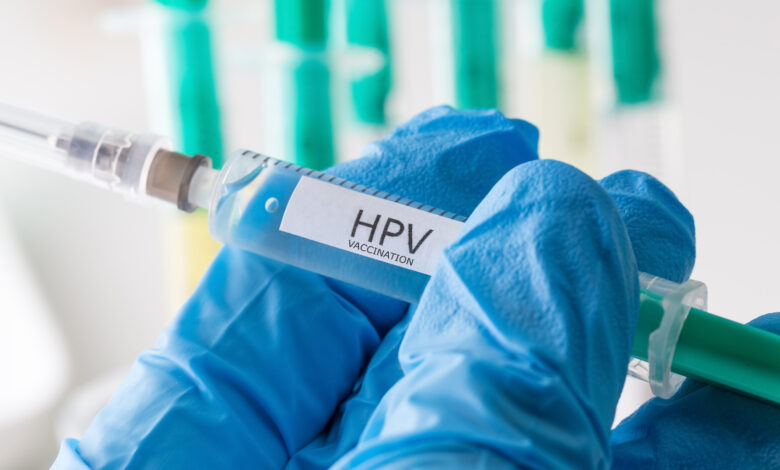Egypt Faces an Uphill Battle Against HPV: Lack of Awareness, Stigma, and Cost Hindering Progress

In Egypt, a silent health crisis is looming, one that is often hidden due to deep-seated stigma and a lack of awareness. Human papillomavirus (HPV), a virus commonly transmitted through sexual contact, is affecting countless women in the country, but many remain in the dark about its risks and prevention.
Take the case of a 50-year-old Egyptian mother who discovered skintag-like growths around her genital area. Unaware of what these growths were, she was shocked when her gynecologist revealed that they were caused by HPV. Following this discovery, she underwent a test to check her cervical cells for irregularities, fortunately yielding no changes.
Speaking anonymously, she expressed her concern for young girls, including her daughter, emphasizing the importance of awareness and vaccination. Had she been informed about HPV and its vaccine, she believes her current plight could have been avoided.
Her situation is not unique in Egypt, where activists and healthcare professionals are sounding alarms about a deeply rooted issue: the reluctance of conservative doctors and parents to administer the HPV vaccine to young girls.
Experts attribute this problem to several factors. Firstly, there is a severe lack of awareness and understanding of the virus, leading to misconceptions and stigmatization. Additionally, there’s a persistent societal belief that HPV is a sign of promiscuity among women.
HPV is the primary cause of more than 95% of cervical cancers in women, according to the World Health Organization (WHO). Cervical cancer is the fourth most common cancer among women globally, claiming around 342,000 lives in 2020, with the majority of cases occurring in low and middle-income countries like Egypt.
While WHO launched the Global Strategy to Accelerate the Elimination of Cervical Cancer in 2020, with a target of vaccinating 90% of girls against HPV by age 15, progress in Egypt has been slow. Several factors contribute to this, including a lack of awareness, social stigma around sexual health, and misguided advice from some healthcare providers.
Moreover, the cost of the HPV vaccine remains a significant barrier in Egypt, where the vaccine is not subsidized and can cost between 800 EGP ($25.9) to 1,000 EGP ($32) per dose. In a country where the average annual household income is approximately 69,000 EGP ($2,200), this expense places the vaccine out of reach for many.
Despite the obstacles, campaigns are underway to change this grim narrative. Ola Arafa, a medical graduate from the University of Mansoura, has been working with her supervisor, Dr. Rafik Barakat, to raise awareness about HPV and cervical cancer among patients and healthcare providers.
Arafa conducted a survey revealing that although many participants had heard of cervical cancer, they were unaware of its link to HPV and prevention methods. Such findings underscore the urgency of spreading awareness across different age groups and socioeconomic backgrounds.
While traditional beliefs and misconceptions about HPV and the vaccine persist in Egypt, some progress is evident. Member of the Egyptian House of Representatives and professor of microbiology and immunology at Mansoura University, Nisreen Salah Omar, has been advocating for the routine administration of the HPV vaccine to all children under the state’s healthcare system.
While Egypt may be moving slowly in addressing this critical issue, there’s hope that change is on the horizon. The ongoing efforts to combat HPV could finally put an end to a preventable virus that has silently affected countless lives in the country.
“This is an illness and it can be controlled,” emphasized the anonymous 50-year-old woman. “In spite of how dangerous it is, it can be controlled.”





